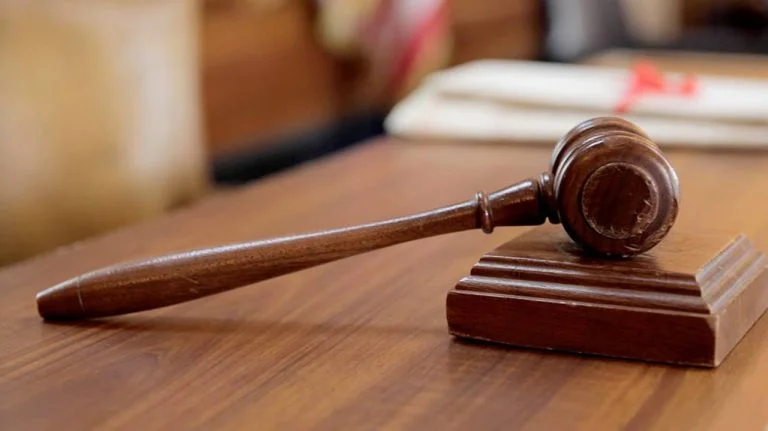Thirteen male inmates who had been unlawfully detained for periods ranging from one to six years without trial were on Monday set free by the Federal High Court in Jalingo, in what legal experts have described as a landmark human rights judgment.
The men, who had been held in various detention facilities without being charged to court, regained their freedom following the intervention of human rights lawyer, Barrister John Nkemnagum Okezie , who represented them pro bono
Okezie filed separate fundamental rights enforcement suits on their behalf against the Nigeria Police Force and the Department of State Services.
Delivering judgment, Justice Maskur Salisu condemned the prolonged detention of the men as a gross violation of their constitutional rights. He ordered their immediate release and awarded a total of N48 million in damages to the victims.
“The prolonged detention of citizens without trial is not only unconstitutional but an affront to human dignity,” Justice Salisu declared. “Law enforcement agencies must operate within the confines of the law and uphold the fundamental rights guaranteed by the Constitution of the Federal Republic of Nigeria.”
Justice Salisu found that the rights of each detainee to liberty and fair hearing had been violated, describing the actions of the security agencies as “reprehensible and unlawful.” The court’s orders were officially enforced on November 3, 2025.
Read also:
- 120 inmates gain admission into National Open University in Enugu
- Inmates’ money not stolen in Kuje prison attack – NcoS
- 200 dangerous Inmates escape Maiduguri prison after devastating floods
Human rights advocates have hailed the ruling as a major victory for civil liberties and a reaffirmation of the judiciary’s role as the last hope of the oppressed.
Speaking with journalists after the verdict, Barrister Okezie said his motivation was to help decongest overcrowded prisons and ensure that justice is accessible to all, regardless of financial means.
“This was a pro bono effort aimed at ensuring that justice is not reserved for only those who can afford it,” Okezie said.
He also urged the freed inmates to make good use of their second chance and avoid behaviors that could return them to prison.
Some of the released men, visibly emotional, expressed profound gratitude to the lawyer for his intervention.
“We would still be rotting in jail if not for his help,” one of them said. “We’ve learned our lessons and will strive to live better lives.”
The judgment is being celebrated across legal and human rights circles as a strong reminder of the judiciary’s constitutional duty to safeguard citizens’ freedoms and hold law enforcement agencies accountable for abuses of power.






